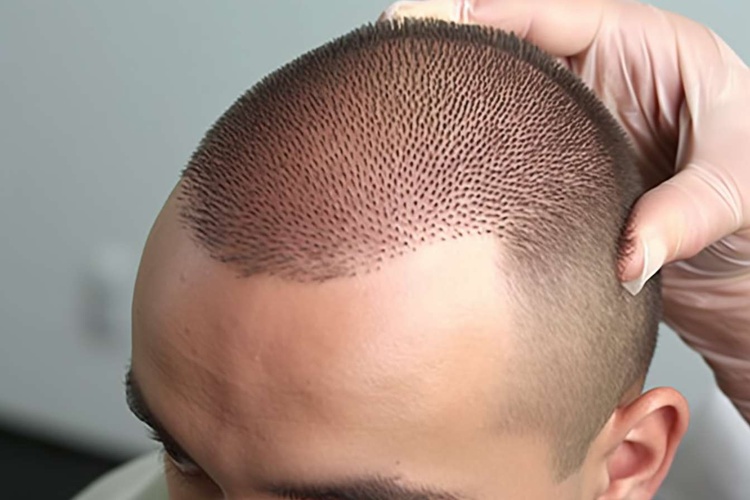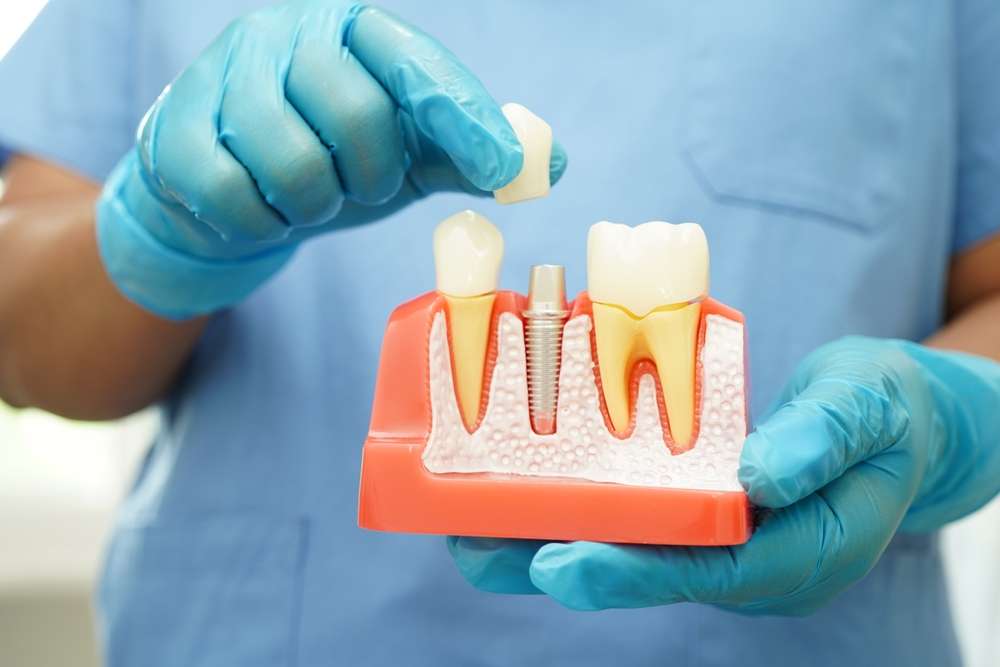UK Hair Transplant Costs 2025 vs Turkey: Price Comparison and Key Insights
In 2025, hair transplant prices between the United Kingdom and Turkey can vary widely depending on clinic, technique, graft count, surgeon expertise, and included aftercare. This article offers a clear price comparison, explains procedural differences and risks, lists non-cost considerations such as travel and follow-up, and provides practical tips to help you make an informed choice with confidence.

The hair transplant industry continues to evolve rapidly, with patients increasingly comparing domestic options against international alternatives. Two primary destinations dominate this landscape: the United Kingdom, known for its stringent medical regulations and established healthcare system, and Turkey, which has positioned itself as a leading medical tourism hub. Both countries offer distinct advantages and considerations that extend beyond simple price comparisons.
Hair Transplant Pricing in the United Kingdom in 2025
Hair transplant costs in the United Kingdom vary significantly based on clinic location, surgeon experience, and technique employed. FUE (Follicular Unit Extraction) procedures typically range from £3,000 to £15,000, while FUT (Follicular Unit Transplantation) methods generally cost between £2,500 and £12,000. London-based clinics often command premium pricing, with procedures reaching £20,000 for extensive treatments. Regional clinics in cities like Manchester, Birmingham, and Edinburgh typically offer more competitive rates while maintaining high standards. The cost per graft usually falls between £2 and £8, depending on the number of grafts required and clinic reputation.
Overview of Hair Transplant Costs in Turkey for 2025
Turkey’s hair transplant industry has experienced remarkable growth, with Istanbul serving as the primary hub for international patients. Typical procedure costs range from £1,500 to £4,500, representing significant savings compared to UK prices. Most Turkish clinics offer all-inclusive packages that encompass the procedure, accommodation, airport transfers, and post-operative care. The cost per graft in Turkey generally ranges from £0.50 to £2.50, making it particularly attractive for patients requiring extensive grafting. Many clinics specialize in high-volume procedures, allowing them to achieve economies of scale that benefit patients financially.
Price Comparison: United Kingdom vs Turkey
The cost differential between UK and Turkish hair transplants is substantial, with Turkish procedures typically costing 60-80% less than comparable UK treatments. However, this comparison requires careful consideration of included services and long-term value. UK clinics often provide more extensive pre-operative consultations, detailed planning sessions, and comprehensive aftercare programs. Turkish clinics frequently excel in package deals that include travel and accommodation, making the overall experience more convenient for international patients.
| Procedure Type | UK Cost Range | Turkey Cost Range | Key Differences |
|---|---|---|---|
| FUE (2000-3000 grafts) | £4,000-£12,000 | £1,800-£3,500 | UK includes extensive aftercare |
| FUT (2000-3000 grafts) | £3,500-£10,000 | £1,500-£3,000 | Turkey includes accommodation |
| Mega Sessions (4000+ grafts) | £8,000-£20,000 | £2,500-£4,500 | UK offers more consultation time |
| Revision Procedures | £5,000-£15,000 | £2,000-£4,000 | UK provides easier follow-up access |
Prices, rates, or cost estimates mentioned in this article are based on the latest available information but may change over time. Independent research is advised before making financial decisions.
Other Important Factors to Weigh in Both Countries
Beyond cost considerations, several factors significantly impact treatment outcomes and patient satisfaction. UK clinics operate under strict MHRA regulations and Care Quality Commission oversight, ensuring consistent safety standards and professional accountability. Surgeons typically hold GMC registration and specialized training credentials. Turkish clinics, while often well-equipped and experienced, operate under different regulatory frameworks that may vary in stringency. Language barriers, cultural differences, and limited post-operative follow-up access represent additional considerations for UK patients traveling to Turkey.
Quality standards differ between countries, with UK clinics generally offering more personalized consultation periods and detailed treatment planning. Turkish clinics often excel in efficiency and volume handling, with some facilities performing dozens of procedures daily. This high-volume approach can lead to cost savings but may result in less individualized attention. Recovery support also varies, with UK patients having easier access to their surgeon for post-operative concerns, while Turkish patients may rely on remote consultations or local healthcare providers.
How to Make an Informed Choice in 2025
Selecting between UK and Turkish hair transplant options requires careful evaluation of personal priorities, budget constraints, and risk tolerance. Patients prioritizing convenience, regulatory oversight, and ongoing support may find UK options more suitable despite higher costs. Those seeking significant cost savings and willing to travel may benefit from Turkish alternatives, particularly when choosing established clinics with strong international reputations.
Research methodology should include verification of surgeon credentials, clinic accreditations, and patient testimonials from multiple sources. Before-and-after photographs, while helpful, should be evaluated critically for authenticity and relevance to individual cases. Consultation processes, whether in-person or virtual, provide valuable insights into clinic professionalism and treatment approaches. Consider the total cost of treatment, including potential revision procedures, travel expenses, and time away from work when making financial comparisons.
The decision ultimately depends on individual circumstances, expectations, and comfort levels with international medical travel. Both UK and Turkish options can deliver excellent results when patients choose reputable providers and maintain realistic expectations about outcomes and recovery processes.




